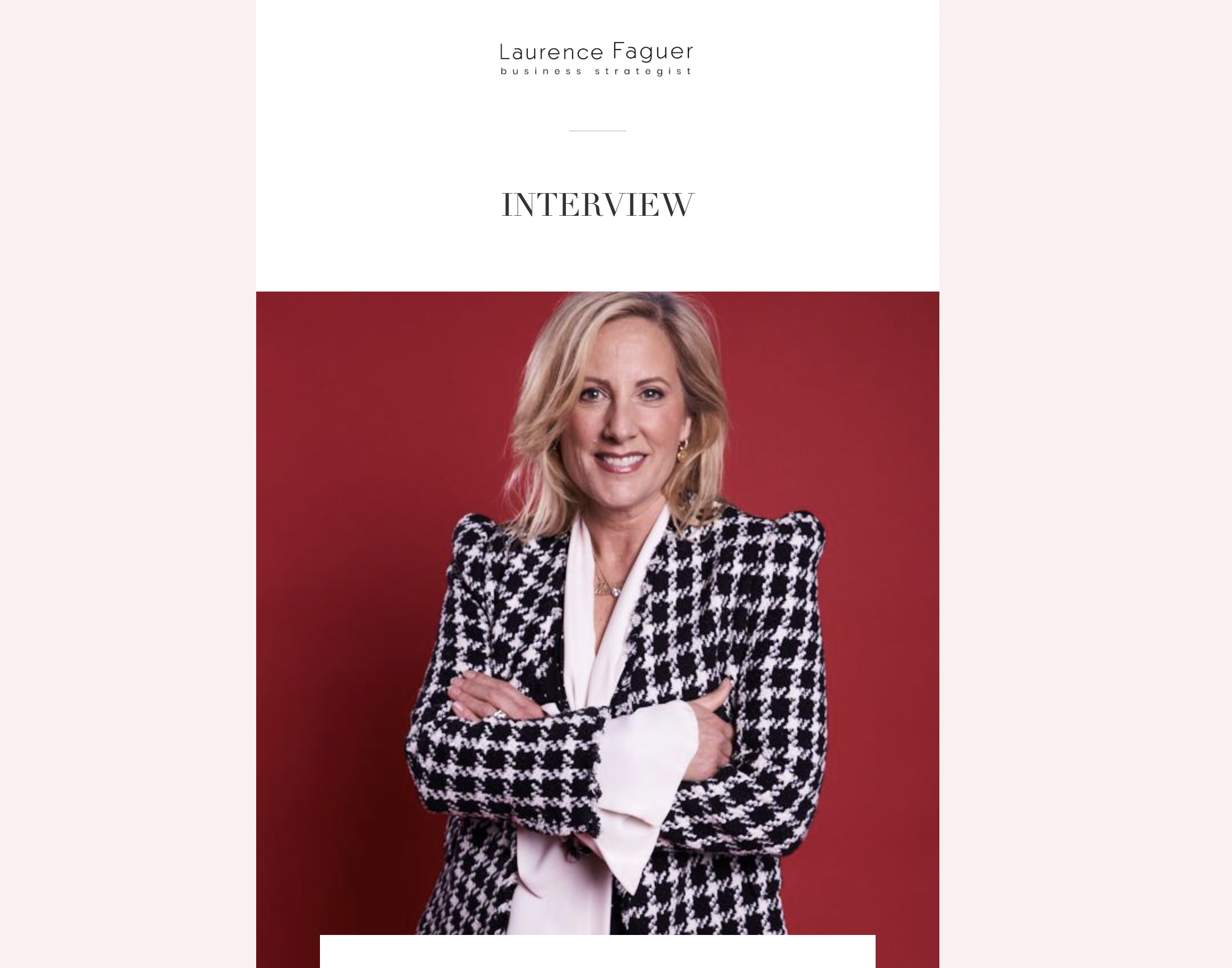Product returns are the post-sale headache that neither customers nor retailers want. Reducing them is on a retailer’s wishlist whatever time of the year, but especially at Christmas when volumes can skyrocket.
For retailers, the cost of returns has always been high. There’s the resource spent on handling and processing returns; the potential loss in the value of stock – particularly seasonal – as it’s on its way back to your warehouse or distribution centre, and the cost of a lost sale and potentially future custom if your customer doesn’t buy an alternative.
Previously the only cost to customers was inconvenience and disappointment. Now product returns come with another price to pay, especially in the fashion industry where returns can be highest. We are seeing retailers increasingly abandon free returns as part of a revamp of policies that are also seeing shorter return windows.
According to a recent report by Parcelab, 1 in four of the UK’s biggest online brands are now charging for online returns, at an average of £3.53 per return, although returns to stores generally remain free. Zara hit the headlines in May when it was revealed it was charging £1.95 for returns, following in the footsteps of Uniqlo and Next. Analysts at the time said more retailers were likely to follow and sure enough, by July fashion retailer Boohoo, which had previously blamed a rise in returns for a subsequent slump in profits, had also introduced a charge. Meanwhile, in September, fashion retailer H&M revealed it would test fees for online returns in some of its markets to gauge customer reaction.
Although introduced in the fashion sector, where returns rates are the highest, this trend of charging for online returns is something we are likely to see more of as retailers seek to make customers think twice about their returns habits. Christmas 2022 may be the litmus test for whether more brands begin charging for online returns in 2023.
It’s an issue retailers can’t afford to ignore. Although returns to stores generally remain free – since staff have a greater chance of upselling when the customer is in store – the greater cost comes from the impact on customer satisfaction. One recent survey suggested that nearly half (47%) of consumers refuse to shop with online retailers that charge for online product returns. At the same time, another by Klarna found that 70% of online shoppers might stop shopping at a favourite retailer if they introduced a returns fee.
This risk of losing customers for good means that it’s vital to get the sale right first time, especially at Christmas when buyers may not be quite so sure of their purchases. Social proof messaging from Taggstar helps do this in several ways. It can highlight bestsellers and popular items, inspiring customers to buy by showing what others like them are buying. This can help gift buyers narrow down choices in categories they might not be so knowledgeable about and highlight trending products.
Alternatively, by incorporating review information into your social proof messaging strategy, you can help consumers understand how what they are buying is rated by other customers or whether it’s true to fit.
Low-stock social proof messaging will let customers know the real-time availability of a product allowing them to snap up must-have items before they disappear for good.
Product returns have traditionally been an accepted cost of online retail. For the sake of your profits, sustainability goals and general customer satisfaction, it’s more important than ever to reduce returns rates. Helping your customers to buy right first time is one of the most effective ways of reducing returns rates and their associated costs to your business without introducing a returns fee for online customers.



